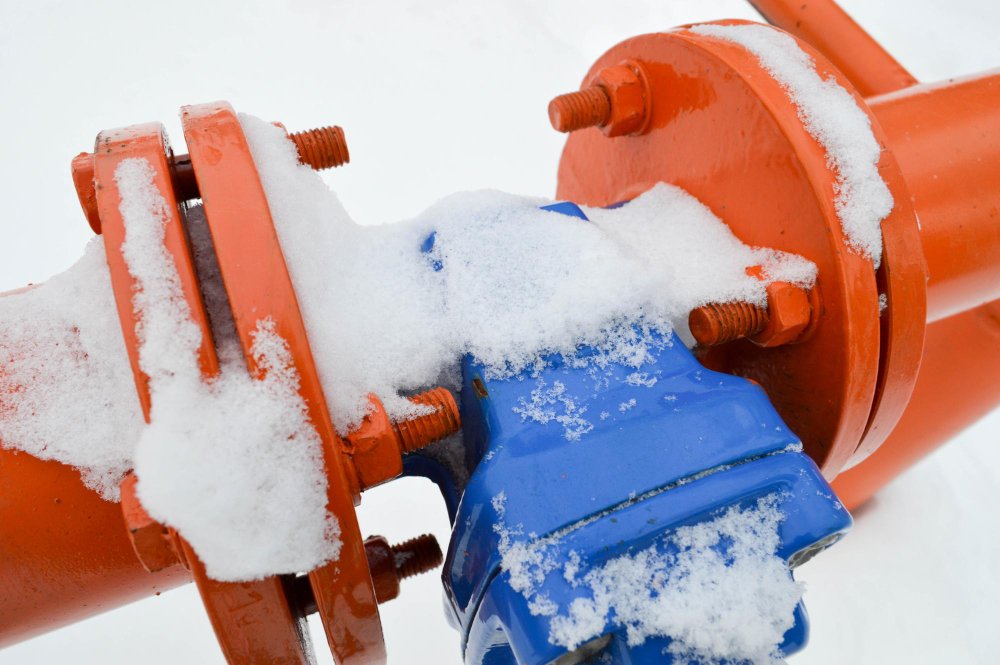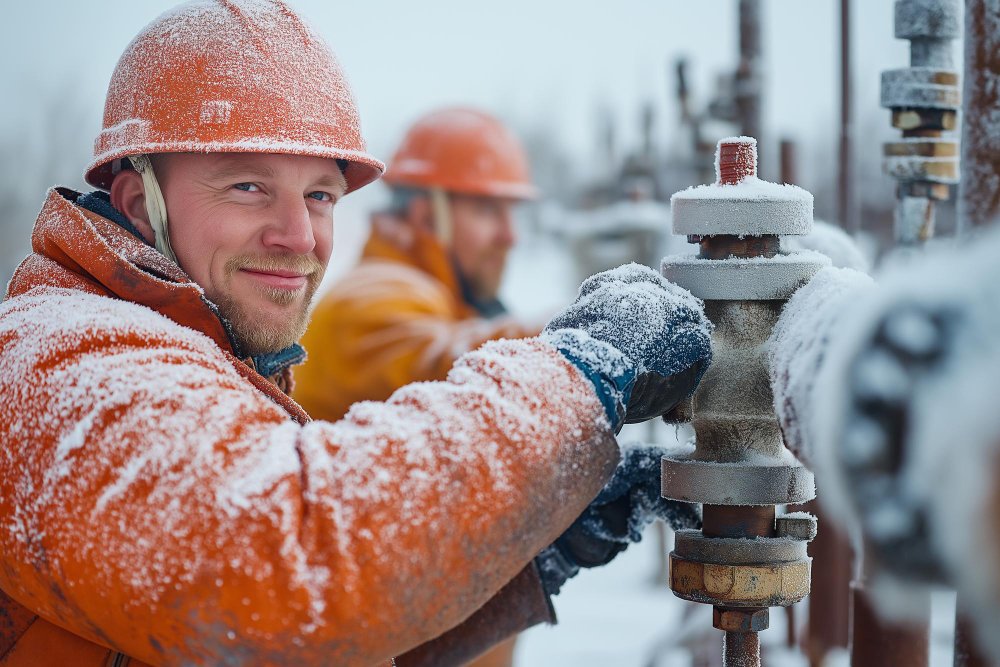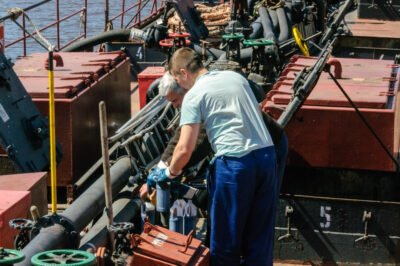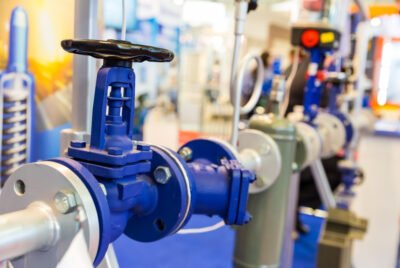Winter poses a unique set of challenges for marine operations. Cold temperatures, ice formation, and fluctuating water conditions can significantly affect the performance of pumps and valves aboard vessels. If not properly maintained, these systems are vulnerable to freezing, which can lead to operational failures, costly repairs, and safety hazards. Proper winter maintenance is crucial to ensure your marine equipment remains reliable and efficient throughout the cold season.
In this guide, we’ll explore essential tips for protecting marine pumps and valves from freezing damage, ensuring uninterrupted operations even in the harshest winter conditions.
Essential Pre-Winter Checks for Pumps and Valves
Before the first cold snap, conduct a thorough inspection of your vessel’s pumping and valve systems:
Visual Inspection: Check for cracks, corrosion, or worn seals on pumps and valves. Even minor damage can worsen in freezing temperatures.
Operational Testing: Run each pump and valve to ensure smooth operation. Listen for unusual noises that may indicate wear.
Fluid Levels and Quality: Ensure lubricants, hydraulic fluids, and antifreeze are at recommended levels and suitable for low temperatures.
Insulation and Heating: Verify that pipes, valves, and pumps have proper insulation or heating systems where required.
These pre-winter checks reduce the risk of sudden failures during cold weather and help prioritize maintenance tasks.
Winter Maintenance for Marine Pumps
Marine pumps are especially sensitive to freezing, as trapped water can expand and damage internal components. Follow these tips to protect them:
Drain Non-Essential Systems: Remove water from pumps that won’t be in use during winter to prevent ice formation.
Maintain Proper Lubrication: Low temperatures can thicken lubricants, increasing wear. Use cold-weather compatible oils and greases.
Install Heating or Insulation Jackets: Heating elements or thermal insulation can keep pump casings above freezing.
Check Pump Alignment: Misaligned pumps are more prone to seal leaks, which can allow water to enter sensitive areas and freeze.
Regular Running Schedule: For pumps that remain in operation, maintain a consistent running schedule to keep fluids moving and prevent freezing.
Implementing these measures protects pumps from mechanical failure and extends their service life.
Protecting Valves and Water Lines from Freezing
Valves, especially in water and hydraulic systems, are at high risk during winter:
Identify Vulnerable Valves: Focus on valves in exposed areas or critical pipelines.
Use Antifreeze Solutions: Where appropriate, add marine-safe antifreeze to prevent ice formation inside valves and piping.
Inspect Seals and Gaskets: Cold weather can harden rubber components, leading to leaks. Replace any worn seals.
Insulate Exposed Piping: Wrap exposed water lines and valves with thermal insulation to maintain internal temperatures.
Install Monitoring Sensors: Temperature sensors can alert crew to potential freezing conditions in real time.
These practices minimize downtime and prevent water system failures during extreme conditions.
Filtration and Separators: Winter Considerations

Filtration systems are critical for maintaining pump and valve health. During winter:
Check for Blockages: Ice, sludge, and debris can obstruct filters. Clean and replace elements as needed.
Monitor Pressure Drops: Pressure sensors can indicate clogged filters before they cause damage.
Plan for Redundancy: Ensure backup filters or spare parts are available in case of sudden failures.
Neglecting filtration can accelerate wear on pumps and valves, leading to costly maintenance or operational disruptions.
Proactive Monitoring and IoT Integration
Modern vessels benefit from IoT-enabled monitoring systems:
Temperature and Pressure Sensors: Track critical points in pumps, valves, and piping.
Remote Alerts: Automated systems can notify crew of freezing risk or unusual pressure changes.
Data Logging: Historical data helps predict seasonal maintenance needs and optimize winter strategies.
Integrating these tools enhances predictive maintenance and reduces emergency interventions.
Conclusion and Call to Action
Preparing your vessel for winter is not optional—it’s essential for operational reliability, crew safety, and equipment longevity. By inspecting pumps and valves, maintaining fluids and lubricants, insulating sensitive systems, and leveraging monitoring technology, you can prevent freezing damage and ensure uninterrupted marine operations.
Stay ahead of the season and protect your marine systems with Maridec’s technical expertise and quality solutions





